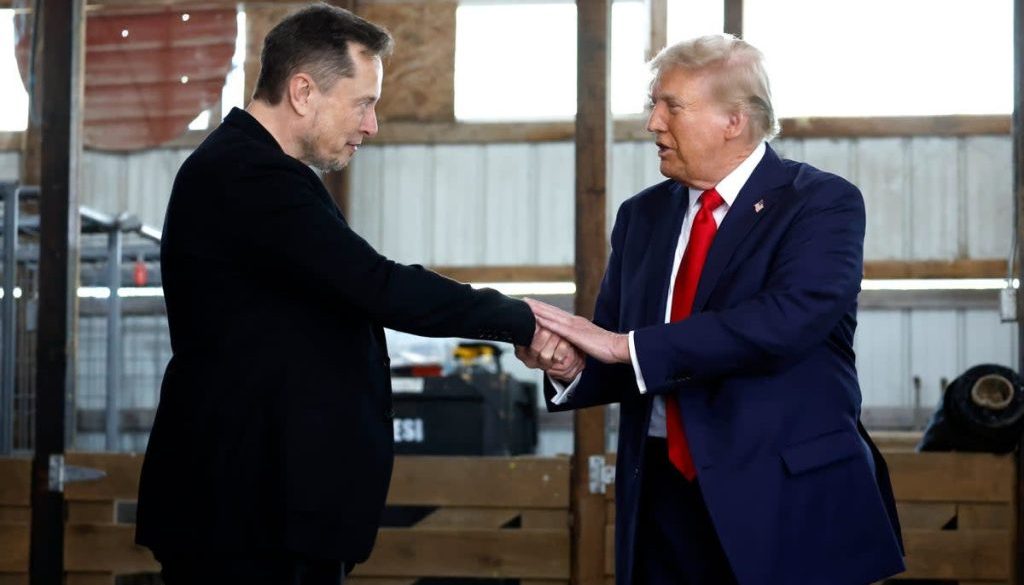by John Perkins, Activist Post:

A conversation with Thomas Payne
Thus began an essay that inspired American farmers and fishermen to fight the world’s largest and best-trained army. Their goal was to gain independence from the British oligarchy (the king and the East India Company). Thomas Paine’s words were both fiery and rational. His Common Sense and The American Crisis were read aloud in taverns, churches, schools, and meeting houses. They motivated the exhausted troops led by George Washington at Valley Forge to cross the Delaware River and win the Battle of Trenton. After a series of crushing defeats, this victory infused new life into a disheartened America. Without Paine, there might not be a United States, or for that matter, there might not be what’s known as “democracy” anywhere in the world.
TRUTH LIVES on at https://sgtreport.tv/
As a student of American literature, I was enthralled by the writings of Paine, Franklin, Thoreau, and others who warned against unchecked power in the hands of a few. In these times, when the world’s richest 1% own about half of the world’s new wealth and democracy is under attack, I’ve wondered what a conversation between Thom and a reformed economic hit man would sound like. I envisioned us sitting across from each other in front of a blazing fire in the parlor of a Philadelphia inn. I assumed that he had been able to witness all that had transpired since his time until now. Here’s what I came up with:
“So, Thom,” I ask, “is oligarchy the same as monarchy?”
“Well now,” he replies, drawing on a clay pipe and blowing the smoke out in tiny ringlets, “the end result of monarchy and oligarchy is the same; however, monarchy is hereditary while the modern form of oligarchy is based on wealth through dominating businesses that own communications, transportation, technology, and other key sectors of the economy. Although the Revolution lifted Americans out from under the tyranny of the ruling elites of England, today you seem determined to kneel before an oligarchy of your own brand of elites.”
“Why? What’s happened since the American Revolution?”
He waves his pipe at me. “First, it’s important to remember that the East India Company was the driving force behind the power of the British Crown. The EIC monopoly dominated global trade, and its large private army supported the British military. Its ships were the sole providers of international communications, and it was heavily invested in emerging technologies that marked the start of the Industrial Revolution. Because I and the other Founding Fathers were aware of the dangers of concentrated power, after independence we passed laws that required corporations to prove they would serve the public interest before they could receive a license to operate. Perhaps even more important, they had to promise not to buy other companies – in other words, not to create monopolies. Their licenses lasted for a decade or some other specified period of time; to renew them they had to demonstrate that they had met these criteria. Those laws held until the late 1800s when John D. Rockefeller convinced politicians to end them because he wanted to monopolize the oil industry.”
“If I recall correctly, both Teddy and Franklin Roosevelt reined in many of the monopolies. So, how did we get to where we are now?”
“The fact is that Big Business kept growing – with a few exceptions, like those you named.” He reaches into a box and tosses a piece of split wood into the fire. “By the 1970s,” he says, wiping his hands together over the box, “politicians had weakened environmental protections, unions, and other institutions that limited the power of corporations. Then along came a gaggle of government and Supreme Court decisions – including Citizens United – that gave corporations the rights of individuals and the power to bribe politicians through campaign financing, while at the same time lowering or ending taxes on the rich.”
“I thought you opposed taxes.”
“I oppose taxes without representation, taxes on the majority of the people imposed by an oligarchy. As I’ve watched things unfold in recent years, I’ve been shocked by the terrible injustice of current U.S. tax laws. The rich and their corporations are the biggest beneficiaries of highways, bridges, ports, airports, electric power grids, and other infrastructure that drives their industries.” He points the stem of his pipe at me. “They should pay their fair share of the costs to build and maintain these, instead of squeezing taxes out of people who can’t afford to pay and don’t benefit nearly as much. You may recall that America’s involvement in World War II was financed by a 90% tax rate on the wealthiest individuals. But all that got turned around. Today the middle and lower classes subsidize the rich. It’s an insult to those who fought against the tyranny of the King of England in the 1700s and Hitler in the 1900s.” He flicks an ash from his pipe. “And those corporations and their wealthy owners are gaining more and more power through what you call AI.”
“You see AI as the problem?”



